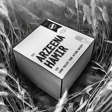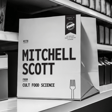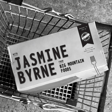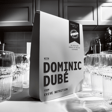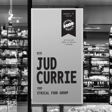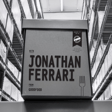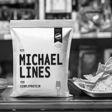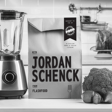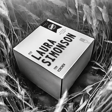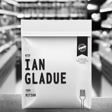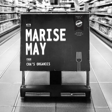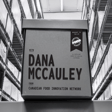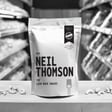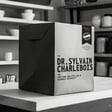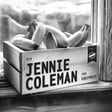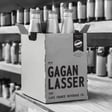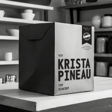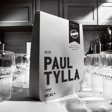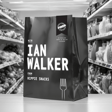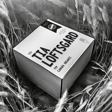
Sarah Goodman | Chiwis
Sometimes the most sustainable solution can also be the simplest and that’s certainly true in the snacking aisle now that we can buy nutritious upcycled fruit chips made right where they’re grown. In this episode, Sarah Goodman, the founder of Chiwis, shares her journey and passion for creating flavour packed, crispy tropical fruit snacks that are good for people and our planet.
Sarah shares the challenges of scaling a sustainable business, sourcing upcycled fruit, and finding partners and retailers who align with Chiwis’ values. She also opens up about the joys and challenges of being a women-owned business in the food industry and the milestones Chiwis is striving for and reached. You’re also going to love her wildcard answer to ‘the big question’ right off the top.
To learn more about these delicious upcycled fruit snacks visit https://chiwis.co/.
To learn more about who makes this podcast and why visit https://www.ethicalfoodgroup.com/.
Here's the highlights:
Product Origin: Sarah started Chiwis out of her passion for healthy snacks and nutrition, initially making kiwi chips for hikes and camping.
Growth Journey: Chiwis has grown from a small startup to being available in major retailers like Whole Foods, Costco, and independent stores across Canada and the U.S.
Upcycling Mission: Chiwis uses upcycled fruit, including "ugly" fruits, to reduce waste, using as much of the fruit as possible, including skins and rinds, for a minimal-waste, nutrient-rich product.
Retail Strategy: Chiwis is strategically placed in the “healthy snacking” sections of stores for better visibility, although some retailers misplace them in produce, impacting sales.
West Coast Expansion: Focused on the U.S. West Coast for expansion due to similar consumer values and logistical ease compared to sending products across Canada.
Women-Owned Business Impact: Sarah values the support from women investors and sees the “women-owned” label as an asset in connecting with her target audience.
Export Challenges and Partnerships: Sarah has navigated complexities in sourcing upcycled fruit and finding co-manufacturing partners near farms, vital for sustainability and quality.
Awards and Recognition: Chiwis has been nominated for several sustainability and innovation awards, including the BC Rise Awards and CHFA Launch Pad Award.
Celebrity Shoutouts: Sarah dreams of getting her product in the hands of celebrities like Chelsea Handler and Mark Marin, who were inspirations during her early days in business.
Future Aspirations: Light-heartedly, Sarah suggests Ryan Reynolds could buy Chiwis in a few years as she considers potential future growth and expansion opportunities.
